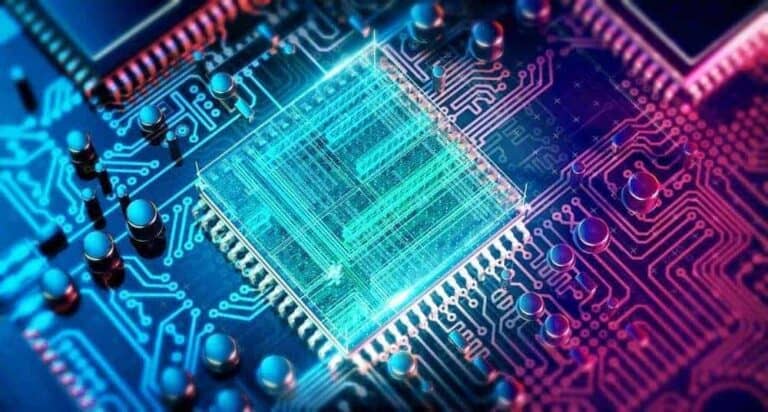The European Commission (EC) has approved a German state aid measure of 920 million euros to support Infineon in establishing a new chip factory in Dresden.
This aid package will enable Infineon to complete the MEGAFAB-DD project to produce a wide range of different chips.
Germany earlier informed the Commission of the plan to support Infineon in setting up the chip factory in Dresden. The plant will focus on two technologies. First, discrete power technologies, which are used for power switching and management in electronic systems. And second, analog/mixed-signal integrated circuits. These are essential for bridging the gap between the analog and digital worlds.
The semiconductors produced find their way into industrial, automotive and consumer applications. The chip factory will be the first in Europe that can quickly adjust its production between the two technologies. This would be possible zondar high production capacity decreases. The location is what’s known as a front-end facility, which includes wafer processing, testing and separation. The plant will reach full capacity in 2031.
Investment in research
The support consists of a direct grant of up to 920 million euros to Infineon, supporting the 3.5 billion euro investment. Infineon has agreed to allow the project to contribute to broader positive impacts for the EU semiconductor value chain while also investing in research and development of next-generation chips in Europe.
In addition, the company has committed to contribute to crisis preparedness by carrying out priority orders in the event of a supply shortage, in accordance with European Chips Act regulations. Infineon will also provide access to SMEs and research organizations for testing and prototyping.
The Commission assessed the measure under EU state aid rules. The EC concluded that the measure facilitates the establishment of the plant and makes a significant contribution to the development of the European semiconductor industry.
The plant is unique in Europe as there is currently no other plant that can flexibly adjust its production between the two technologies. Without the state aid, Infineon would not undertake this investment in Europe. Moreover, the measure has limited impact on intra-EU competition and trade, and the aid is necessary and proportional, as the funding gap has been proven.
The measure has broader positive effects for the European semiconductor ecosystem, the Commission argues. There is a contribution to strengthening Europe’s energy security. The Commission also took note of the fact that Infineon will apply to be recognized as an integrated manufacturing facility under the EU Chips Act regulations and will comply with all obligations attached to this status. Based on these considerations, the Commission approved the German measure.
Sixth approval
The approval of the German support is the sixth Commission decision based on the principles of the EU Chips Act. Previously, measures supporting STMicroelectronics in Italy and France were approved, as well as a measure supporting European Semiconductor Manufacturing Company in Germany, and most recently a measure supporting Silicon Box in Italy.
With the European Chips Act, the Commission emphasizes the importance of investing in new advanced manufacturing capacity in the semiconductor sector for EU supply security and supply chain resilience.
